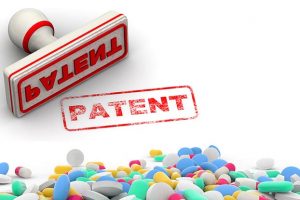Recent developments in the pharma sector, triggering the concerns of cold wars amongst few companies pertaining to the patents for certain drugs, it only reflects as to how standard are our patenting laws, and what are the pro’s and con’s of the international patenting procedures of various countries, and how it implicates the growth of the Industry.
In 2005, India has amended its Patent Act, to protect the interests of the patenting company. Grating a patent gives the company leverage to manufacturing and marketing of the product in exclusivity for a period of 20 years.

Despite of amending the patent laws and the regulations, still the companies couldn’t come to terms with the prevailing conditions of the global market. It’s not a surprising factor, that today there are so many cases pending globally from the pharma industry. These cases could be about litigation with the local governments towards manufacturing or marketing a particular drug, or the issue of patents, locking horns with the competitors. The pharma industry is in a pickle. It is losing all its friends and handing over sticks to its enemies.
There were so many counter steps from the stake holders of the industry, seeking to cut down the prices of few drugs which are life saving, and few of the counters to tighten the patenting rights in their respective countries, and regulations over the domestic marketing conditions.
One of the tuned replies from the industry to the chaos on prices etc is the kind of cost involved in biomedical innovations, and the kind of surge in the production and operational costs for developing the product. Despite of huge spends by the companies on R&D, the kind of output in the volume of new drug identifications are very low.
It’s not that every time the companies has struck to their pricing mechanisms or facing challenges on the innovation front and the production of life saving drugs, but the question arises on the affordability of such a drug to the common man. If few companies decide to avoid the menace of industry’s pricing madness and make its drugs affordable, will it result in the overall development of the health care?
Patents were a kind of incentive for Pharma companies to work more on drug development. Research and development of drugs is an expensive affair that requires millions of dollars to be spent without expecting any or much returns. When a an outcome is finally produced, patenting and exclusive manufacturing rights allow these companies to make sufficient profits to justify their previous investments, as well as to invest in future innovations. So the big debate which is hovering about this compulsory licensing and patenting has to take in to count the overall growth which can be signified thru the optimistic approach.

